Our Most Popular Stories of 2020
 1. Rare at TEDx: Saving Nature with Behavioral Science
1. Rare at TEDx: Saving Nature with Behavioral Science
On stage at a TEDxCambridge Salon, Erik Thulin, Rare’s Behavioral Science Lead with The Center for Behavior & the Environment, tackles the age-old Tragedy of the Commons and offers a three-step process to get people to act cooperatively for their benefit and that of nature’s. Our cooperative behavior adoption guide provides step-by-step guidance on developing solutions to cooperative challenges.
“Simply creating collective demand is not enough for behavior change, as no one wants to change alone. We need to coordinate our shift in behavior so that everyone knows that they are changing together.”
 2. Green Guanaja Leads to Blue Recovery
2. Green Guanaja Leads to Blue Recovery
In need of a conservation bright spot? Five years after putting fully protected marine reserves in place, the waters around the Caribbean island of Guanaja overflow with life.
“As communities elsewhere struggle with declining catches, Guanaja’s fishers are spreading a message of hope. ’Protection will yield a brighter future,’ says veteran fisher Arnox’ Bo’ Bush, while fisher Romel Chirinos encourages patience. ’Results won’t be immediate, but protection will pay off. We must work together.'”
 3. Using Design Thinking to
3. Using Design Thinking to
Tackle Climate Change When
‘What You Know No Longer Works’
As climate change creates new ambiguity problems for farmers, communities need to better understand and assess their environments. In this Stanford Social Innovation Review piece, Dr. Madhuri Karak of Rare’s BE.Center and Sarah Stein Greenberg of Stanford’s d.School share how design thinking has helped smallholder farmers in Colombia address unprecedented ambiguity brought on by climate change.
“Instead of asking how communities can be taught the “right” science to cultivate in climate-friendly ways, the Rare-d.school collaboration prioritized a different question: which lived experiences allow communities to better understand and assess their own environments?”
 4. Taking a People-Centered Approach to Climate-Smart Agriculture
4. Taking a People-Centered Approach to Climate-Smart Agriculture
For many farmers in rural Colombia, a lack of technical training has left them farming the same way as past generations. But those farming practices can often negatively impact the land and climate. Through the new Lands for Life program, Rare takes a people-centered approach to help farmers adopt more sustainable and climate-compatible practices.
“Colombia’s traditional agricultural extension services have not empowered farmers to understand their land, the trends that affect it, and how to maintain soil health,” said Paula Caballero, Managing Director of Lands for Life. “We must support farmers in understanding that by protecting the ecosystems that underpin their farms, they are protecting their livelihoods.”
 5. Peer Pressure, Climate Change, and the Power of Individual Behavior: A Conversation with Robert Frank
5. Peer Pressure, Climate Change, and the Power of Individual Behavior: A Conversation with Robert Frank
Behavioral science tells us that we take action when we see our friends and neighbors take action. So how can we use the power of social forces to tackle one of the greatest threats of our time: climate change? This interactive conversation — the second installment of Rare’s virtual engagement series, “Rare Conversations”— with New York Times best-selling author and behavioral economist, Robert Frank, reviews key findings from his recent book, Under the Influence: Putting Peer Pressure to Work.
“Individual action is vastly more important than I ever realized. It’s not a substitute for policy change; it’s a step that gets us where we need to be more quickly.”
 6. Fish Forever: Coping with COVID-19
6. Fish Forever: Coping with COVID-19
Like the rest of the world, Rare and partners spent the year adapting to the new reality of COVID-19. This story compilation highlights the various ways the program adapted and innovated to this new reality and identified strategies to cope with and finance the COVID-19 recovery.
“We are seeing so many solutions. It is really inspiring how small coastal local government units (LGUs) — LGUs without a lot of resources — are finding ways to meet the challenge (of COVID-19) on their terms, says Rare Philippines Vice President Rocky Sanchez Tirona.”
 7. A Day-in-the-Life: Two Indonesian Women Manage Fish, Finances and Their Futures
7. A Day-in-the-Life: Two Indonesian Women Manage Fish, Finances and Their Futures
This photo essay and related story, In Indonesia, Trading in Data and Octopus, chronicles two women’s daily lives and the interconnected challenges they face as women laboring to safeguard the well-being of their families, businesses, and communities—while faced with the global uncertainty of the future of fish.
“Nurlini is the first woman to use the app in her community—and according to her, recording her fish catch through OurFish has made a significant impact on her business operations and personal finances in multiple ways. ‘OurFish allows me to understand four elements of my transaction at once: amount purchased, the day’s sales, the debt I still owe, and my balance and trends over time. So, I feel lighter, less worried, and happy.’”
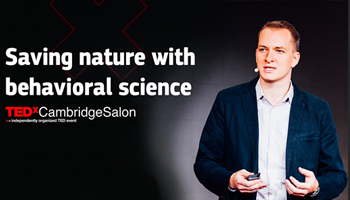 1. Rare at TEDx: Saving Nature with Behavioral Science
1. Rare at TEDx: Saving Nature with Behavioral Science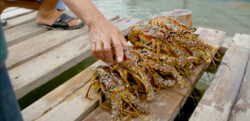 2. Green Guanaja Leads to Blue Recovery
2. Green Guanaja Leads to Blue Recovery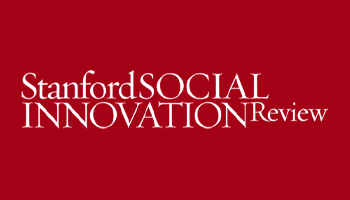 3. Using Design Thinking to
3. Using Design Thinking to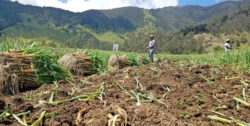 4. Taking a People-Centered Approach to Climate-Smart Agriculture
4. Taking a People-Centered Approach to Climate-Smart Agriculture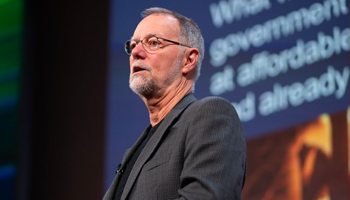 5. Peer Pressure, Climate Change, and the Power of Individual Behavior: A Conversation with Robert Frank
5. Peer Pressure, Climate Change, and the Power of Individual Behavior: A Conversation with Robert Frank 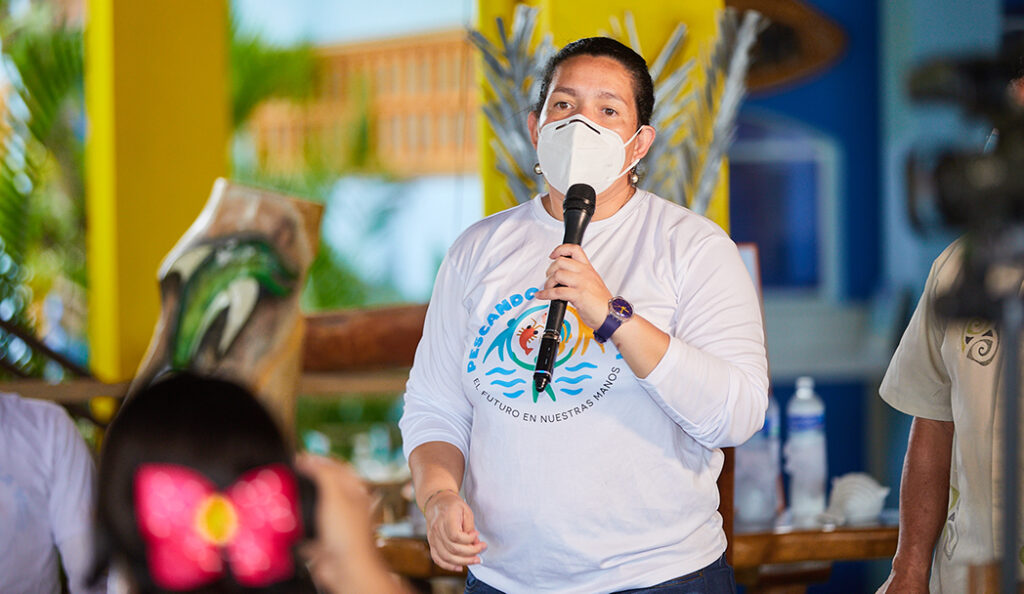 6. Fish Forever: Coping with COVID-19
6. Fish Forever: Coping with COVID-19 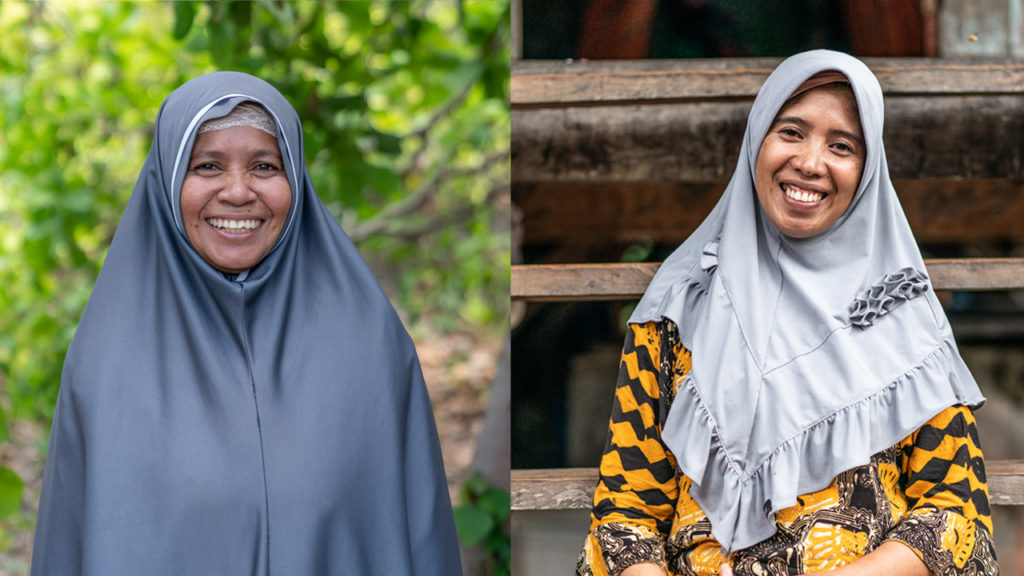 7. A Day-in-the-Life: Two Indonesian Women Manage Fish, Finances and Their Futures
7. A Day-in-the-Life: Two Indonesian Women Manage Fish, Finances and Their Futures